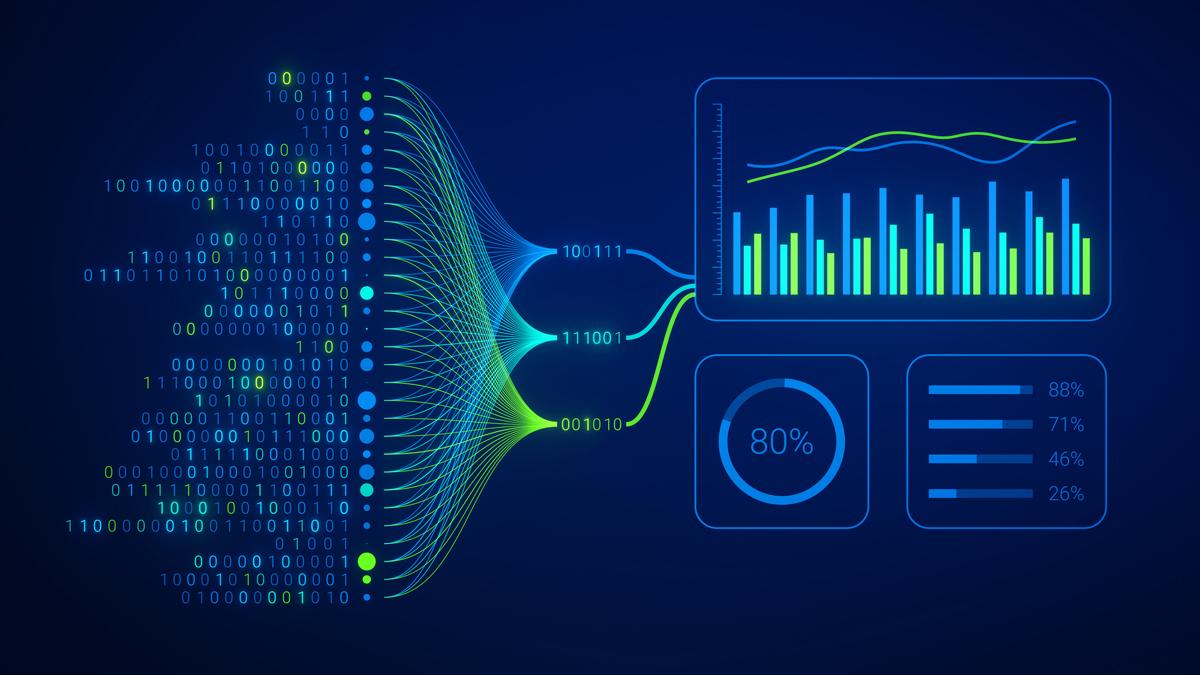Redefining pharmaceutical case processing in the age of AI and automation

Pharmaceutical case processing is witnessing a 15% annual increase in adverse event reports, according to FDA statistics. Over the last decade the industry has exhausted resourcing to low-cost countries and practically all rules- and code-based opportunities to improve handling this ever-growing case processing volume. The surge is only accelerating, and this presents a challenge for the healthcare industry that demands a re-evaluation of traditional practices. The pharmaceutical sector currently stands at a pivotal inflection point, marked by the need to integrate advanced technologies and rethink established processes.
Reaching this point has not been straightforward. Over the past couple of decades, the data processing industry as a whole has transitioned from traditional, rule-based methods to more sophisticated, technology-driven approaches. As we integrate these approaches into the pharmaceutical environment, we edge closer to what is becoming an apparent tipping point, where it is essential to fundamentally, holistically reimagine the traditional case processing function.
The case processing evolution
Pharmaceutical sector case processing initially involved manual paper forms, which evolved to PDF forms and Excel spreadsheets. The manual nature of this method increased the risk of errors and slowed down processing times. The introduction of information technology and databases has improved the process immensely, but challenges remain.
One of the main issues in clinical trial operations is ensuring data integrity across disparate data sources. Only about one in ten compounds tested in clinical trials successfully reach the market, emphasising the complexity and risk involved in this business. The post-marketing phase presents its own challenges, especially in data collection across different information sources, countries, and languages, making the process even more intricate and demanding.
As the industry grapples with these ongoing challenges, it is clear that the evolution of case processing is far from over. The next step involves further technological integration and a rethinking of processes to ensure efficiency and accuracy in both clinical trials and post-marketing surveillance. Adding more resources, automating and working smarter has finally reached its limits.
The role of technology and automation
Incorporating artificial intelligence (AI) in the form of natural language processing (NLP) using large language models (LLM) and automation into pharmaceutical case processing marks a turning point for the industry. AI's ability to analyse vast, very diverse, and unstructured datasets and convert them into structured data has changed how pharmaceutical companies approach drug safety and pharmacovigilance (PV) with streamlined data collection and analysis. Alongside AI, emerging technologies like blockchain are being recognised for their potential to enhance data security and integrity, particularly in maintaining tamper-proof records in case processing.
While the integration of AI and automation adds to the high degree of standardisation in drug safety, it also brings its own limitations. While AI excels in data processing and pattern recognition, it (currently) lacks the nuanced understanding and decision-making capabilities applied during human analysis.
These limitations make it essential to complement technological advancements with human insight, critical judgment, and control, the so called ‘human in the loop’ principle. This control is crucial in scenarios requiring ethical considerations, contextual judgment, and experience-based decision-making, ensuring efficiency and accuracy in both clinical trials and post-marketing surveillance. It is connected with a direct feedback loop that assures continuous learning and improvement by the system.
The challenges of global case processing
Globalisation of the pharmaceutical industry presents additional challenges in case processing, particularly in managing data across different countries and languages. Each country may have a unique regulatory environment and language, sometimes more than one. As companies expand operations globally, they encounter diverse healthcare systems and regulations, requiring them to adapt their case processing methods accordingly. This is true despite commendable efforts for global standardisation. For instance, a European Union directive might require data reporting standards different from those of the FDA, posing a challenge in harmonising global data processing. Adverse event reporting can vary between countries, underscoring the need for technologies like AI to manage these discrepancies.
Addressing these challenges requires intelligent document processing and technology adaptation. With the vast amount of data generated now, traditional methods are outdated. Technologies like AI-driven natural language processing can handle multilingual data efficiently and extract relevant information from large datasets. This process ensures the data collected from different regions is accurate and consistent. Using technology for pharmaceutical case processing also supports compliance with the regulatory requirements of other countries.
The future impact
A blend of advanced technology and strategic adaptability will shape the future of case processing in pharmaceutical safety operations. As the industry moves forward, a key vision involves harnessing the power of emerging technologies like blockchain and AI to enhance data security, accuracy, and efficiency in case processing. Studies have shown the potential of blockchain for securing healthcare data, indicating a direction where similar technologies could revolutionise pharmaceutical case processing.
Adapting to this changing landscape requires pharmaceutical companies to be agile and forward-thinking. They must embrace technological advancements as tools for efficiency and as integral components of their operational strategy. This includes investing in research and development to continuously evolve their case processing systems and align them with the latest technological trends.
Moreover, the industry must be prepared to navigate the increasing complexity of global regulatory requirements and the diverse healthcare landscapes of different countries. This calls for a proactive approach to understanding and integrating various international standards and practices into their case-processing workflows.
While AI, NLP, and LLM are very powerful, they face regulatory hurdles in order for the technology to be healthcare ready. None of these technologies can be validated using the traditional waterfall method. They have to be trained, tested, quality controlled, and retrained, much like humans. At the current inflection point, human review is applied to 100% of AI’s outputs, but this review only takes a fraction of the time it would take to manual complete the work without AI’s assistance. On average, the quality of AI output is equivalent or higher than human output.
A thoughtful blend
The future of pharmaceutical case processing lies in the convergence of technological innovation and strategic adaptability. By embracing these elements, the industry can effectively respond to the evolving demands of global healthcare and regulatory landscapes, ensuring both safety and efficiency in its operations.
The pharmaceutical industry stands at a crucial juncture, where reimagining and redesigning case processing is not just an option, but a necessity. The increasing complexity of global operations, coupled with the rapid advancement of technology, calls for a transformative approach to case processing.
However, this transformation must thoughtfully blend manual efforts with automation, leveraging the strengths of both human insight and technological precision. The future of pharmaceutical case processing hinges on balanced integration that ensures safe, efficient global healthcare and regulatory compliance.












